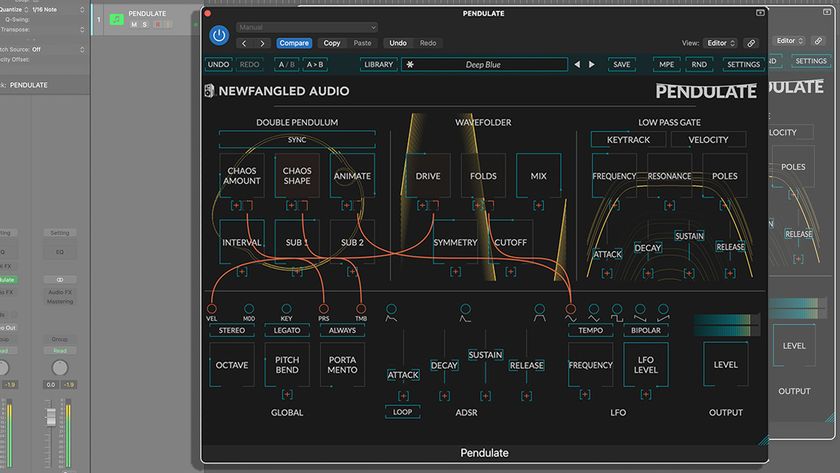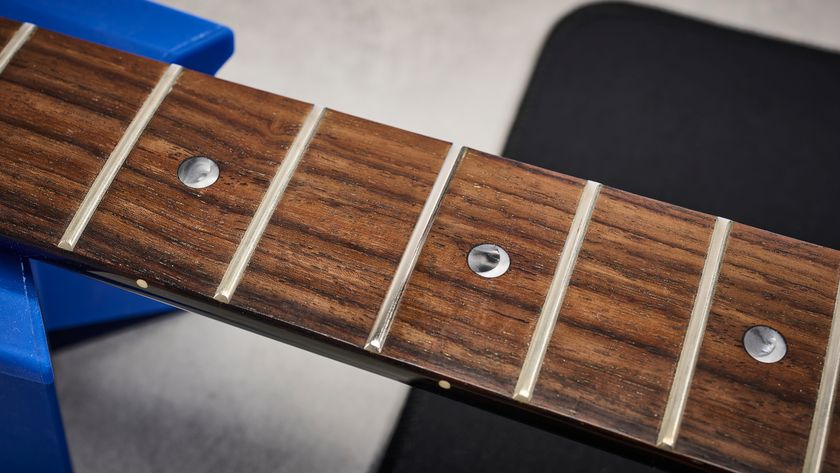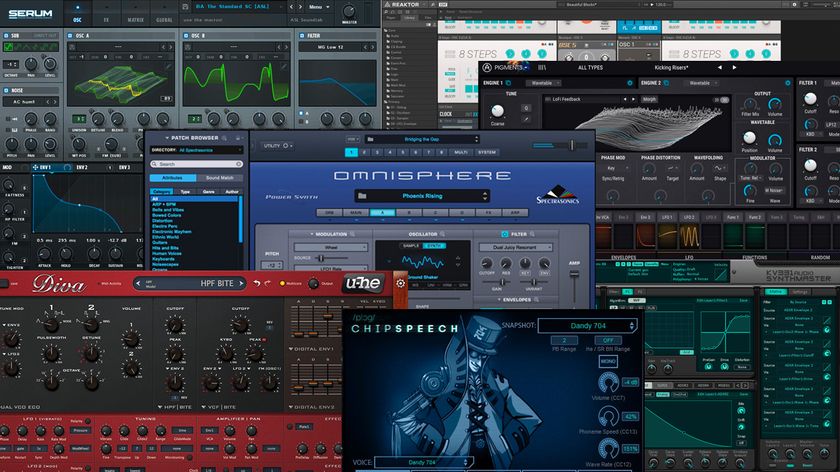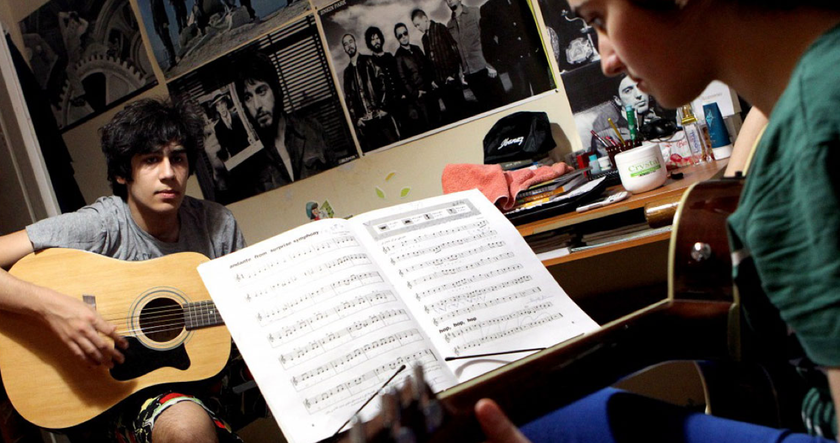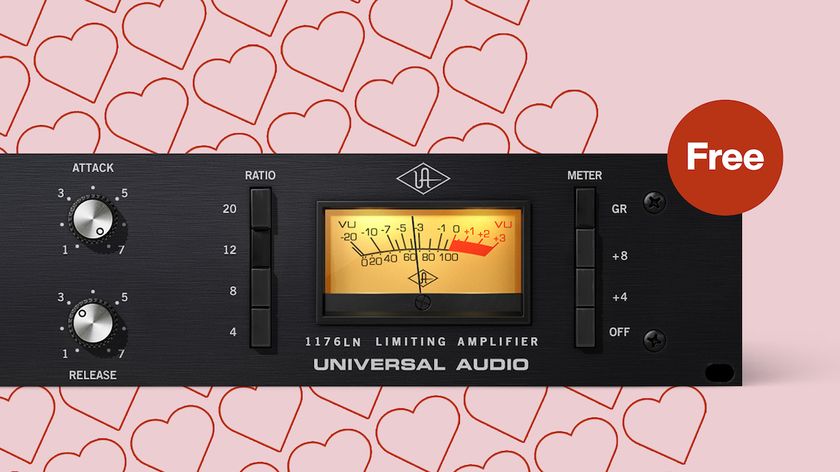Volume automation vs multiband compression: which do you use and when?
How to choose between multiband compression and volume automation when dealing with samples
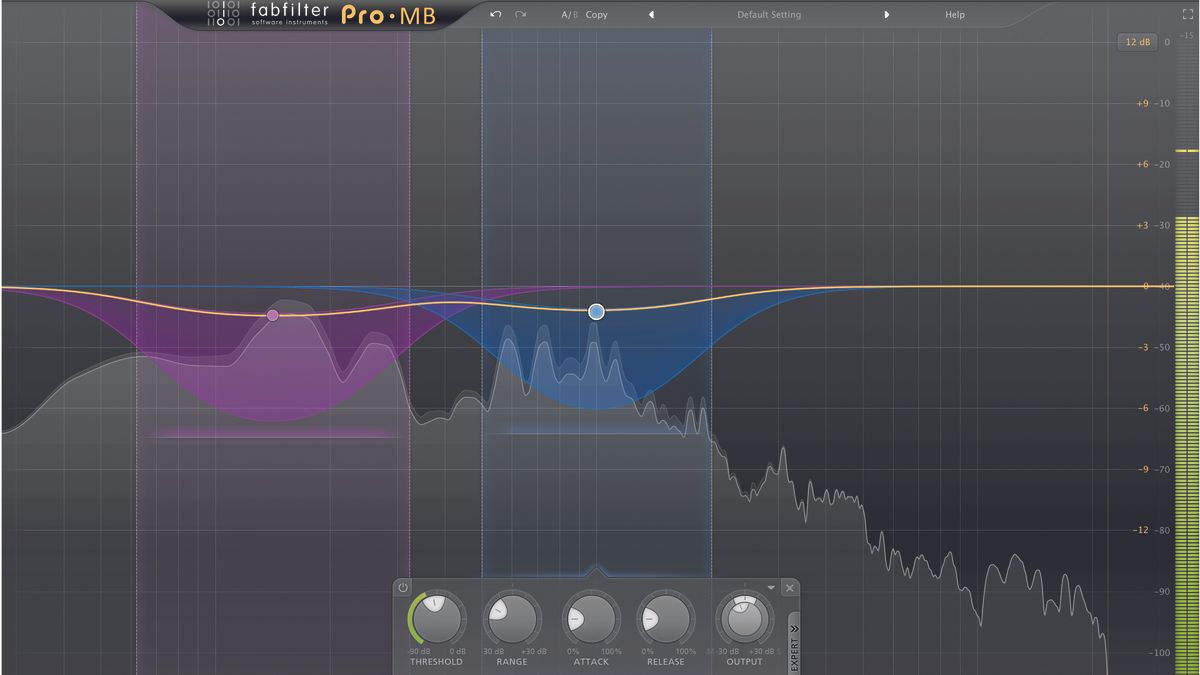
We have expectations of our synths and sample libraries, which they occasionally can’t live up to. We’ve all played up a scale on a given sound only to discover that above a certain key, the sound becomes more resonant, or louder, or more shrill, or that as we’ve played down a scale, the bottom end seems to get quieter, or weirdly inconsistent. And yet you’ll never hear a commercial release where this is true, which suggests that the producers of those records have found ways of dealing with such issues.
Automation
Automation is, of course, one way of getting on top of rogue inconsistencies, with volume automation, on a note-by-note basis, occasionally just as necessary as it would be if your lead line was a vocal rather than a synth. But if the issue is frequency-based – your sound suddenly becomes much more resonant on a particular key – there are two other things you could try. Firstly, check your track on headphones – is the problem just as prevalent? If not, it could be that the acoustics of your room are artificially amplifying the problem frequency, meaning that it’s much less of a problem, beyond you having to live with it in your room (some acoustic treatment would be recommended under these circumstances). If the problem persists, some multiband compression or dynamic EQ might be even more effective than volume automation. Whereas a volume drop will turn down the entire sound, if the issue lies in just a specific group of frequencies, it would be better to attenuate those and leave other, non-problem ones, alone.
Multiband compression
Multiband compression is effective because it’ll only start working its magic on a group of frequencies once a volume threshold has been breached. In other words, it’s only as a frequency group gets louder to the point of it becoming problematic that volume reduction will be applied. This is one of those classic mix tricks where sometimes volume automation works best and other times multiband compression is better.
Get the MusicRadar Newsletter
Want all the hottest music and gear news, reviews, deals, features and more, direct to your inbox? Sign up here.
Future Music is the number one magazine for today's producers. Packed with technique and technology we'll help you make great new music. All-access artist interviews, in-depth gear reviews, essential production tutorials and much more. Every marvellous monthly edition features reliable reviews of the latest and greatest hardware and software technology and techniques, unparalleled advice, in-depth interviews, sensational free samples and so much more to improve the experience and outcome of your music-making.
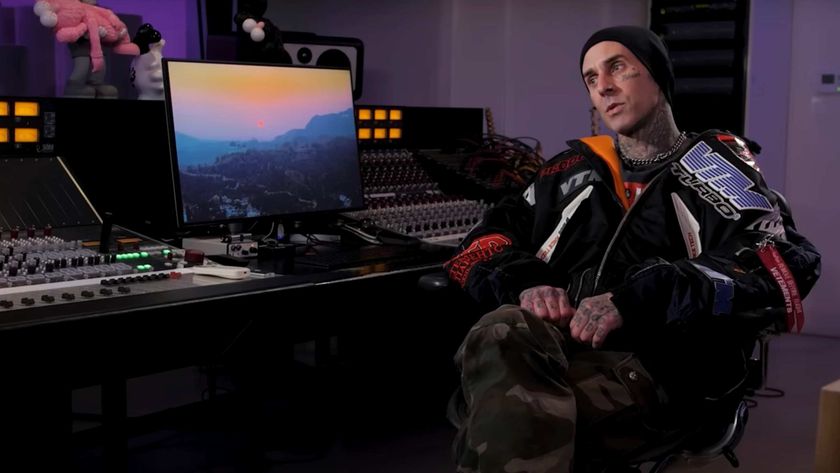
"If I wasn't recording albums every month, multiple albums, and I wasn't playing on everyone's songs, I wouldn't need any of this”: Travis Barker reveals his production tricks and gear in a new studio tour

“My management and agent have always tried to cover my back on the road”: Neil Young just axed premium gig tickets following advice from The Cure’s Robert Smith


